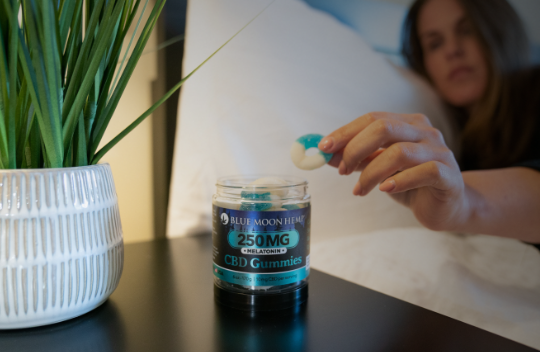Delta-8 is a cannabinoid that has been gaining attention in the world of cannabis. It is structurally similar to delta-9 THC, the main psychoactive component of cannabis, but with some important differences. Delta-8 has a double bond on the 8th carbon atom in its molecular chain, whereas delta-9 has it on the 9th carbon atom. This small difference can have significant effects on the way the cannabinoid interacts with the body, leading to a unique set of effects and benefits.
What is Delta-8?
Delta-8 THC is a minor cannabinoid that occurs naturally in cannabis plants in small quantities. It is formed when delta-9 THC oxidizes over time, which can happen during storage or exposure to heat and light. While delta-8 is present in only trace amounts in most cannabis strains, it can be isolated and concentrated using various extraction methods.
Delta-8 is similar to delta-9 THC in its chemical structure and effects, but it is milder and less potent. Delta-8 has a lower affinity for CB1 receptors, which are the primary target of THC in the body. This means that it produces a less intense high and has fewer psychoactive effects than delta-9 THC. Some users describe delta-8 as having a smoother, more clear-headed high than delta-9 THC.
What are the Benefits of Delta-8?
Delta-8 is still a relatively new cannabinoid, and there is limited research available on its effects and benefits. However, some anecdotal evidence suggests that it may have some unique benefits that make it appealing to certain users.
One of the most notable benefits of delta-8 is its potential to reduce anxiety and promote relaxation. Some users report feeling less anxious and more calm after using delta-8, without the intense paranoia or anxiety that can come with delta-9 THC.
Delta-8 may also have pain-relieving properties, similar to delta-9 THC. However, more research is needed to confirm these effects and understand the mechanisms behind them.
Another potential benefit of delta-8 is its antiemetic properties, meaning it may help to reduce nausea and vomiting. This makes it a promising treatment for people undergoing chemotherapy or other treatments that cause nausea.
What are the Risks and Side Effects of Delta-8?
Like all cannabinoids, delta-8 can have side effects, especially when used in high doses. Some users report feeling dizziness, dry mouth, and dry eyes after using delta-8. It can also cause some cognitive impairment, such as difficulty with memory and concentration.
One potential risk of delta-8 is that it may trigger a positive drug test for THC. While delta-8 is legal at the federal level under the 2018 Farm Bill, some states have banned it, and employers may have policies that prohibit the use of any THC-containing products.
It is also important to note that the long-term effects of delta-8 are not yet known. While it may be less potent and have fewer psychoactive effects than delta-9 THC, it still interacts with the same receptors in the body and may have similar long-term effects on brain function.
Conclusion
Delta-8 is a minor cannabinoid that has gained popularity for its potential benefits, including reducing anxiety and promoting relaxation, pain relief, and antiemetic properties. While it is milder and less potent than delta-9 THC, it can still have side effects and may trigger a positive drug test for THC. As with all cannabis products, it is important to use delta-8 responsibly and consult with a healthcare professional before using it for any medical condition.







